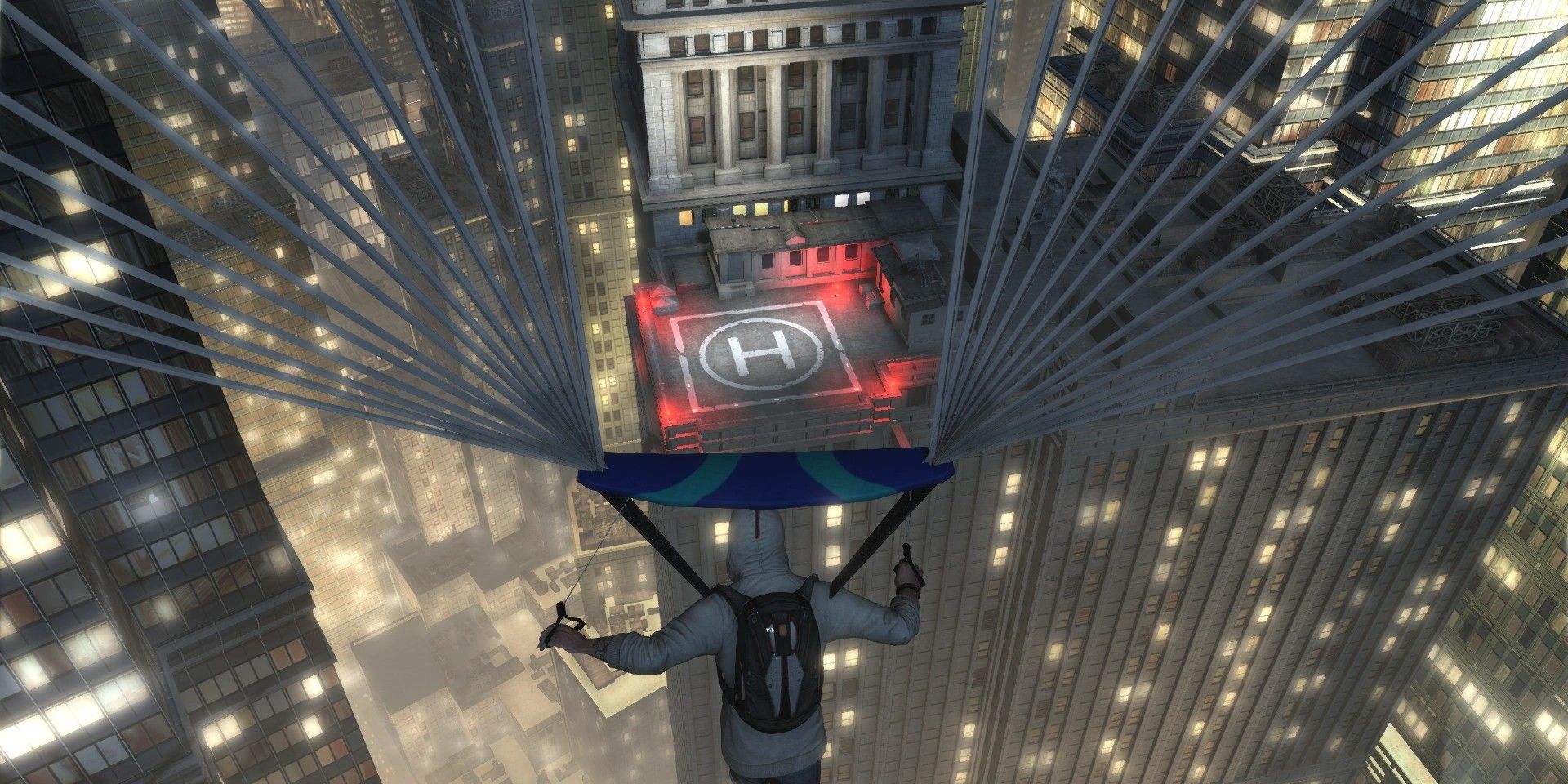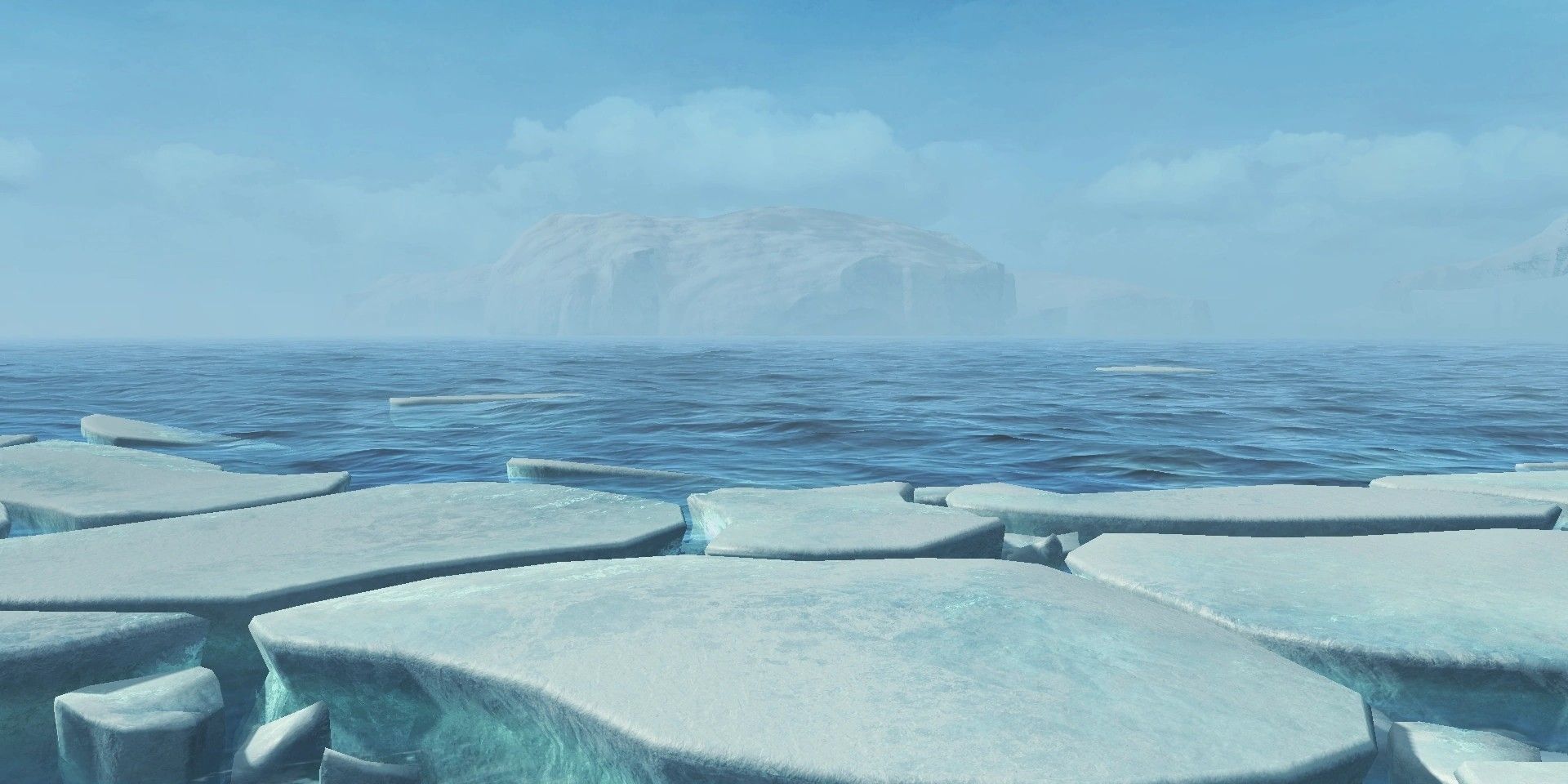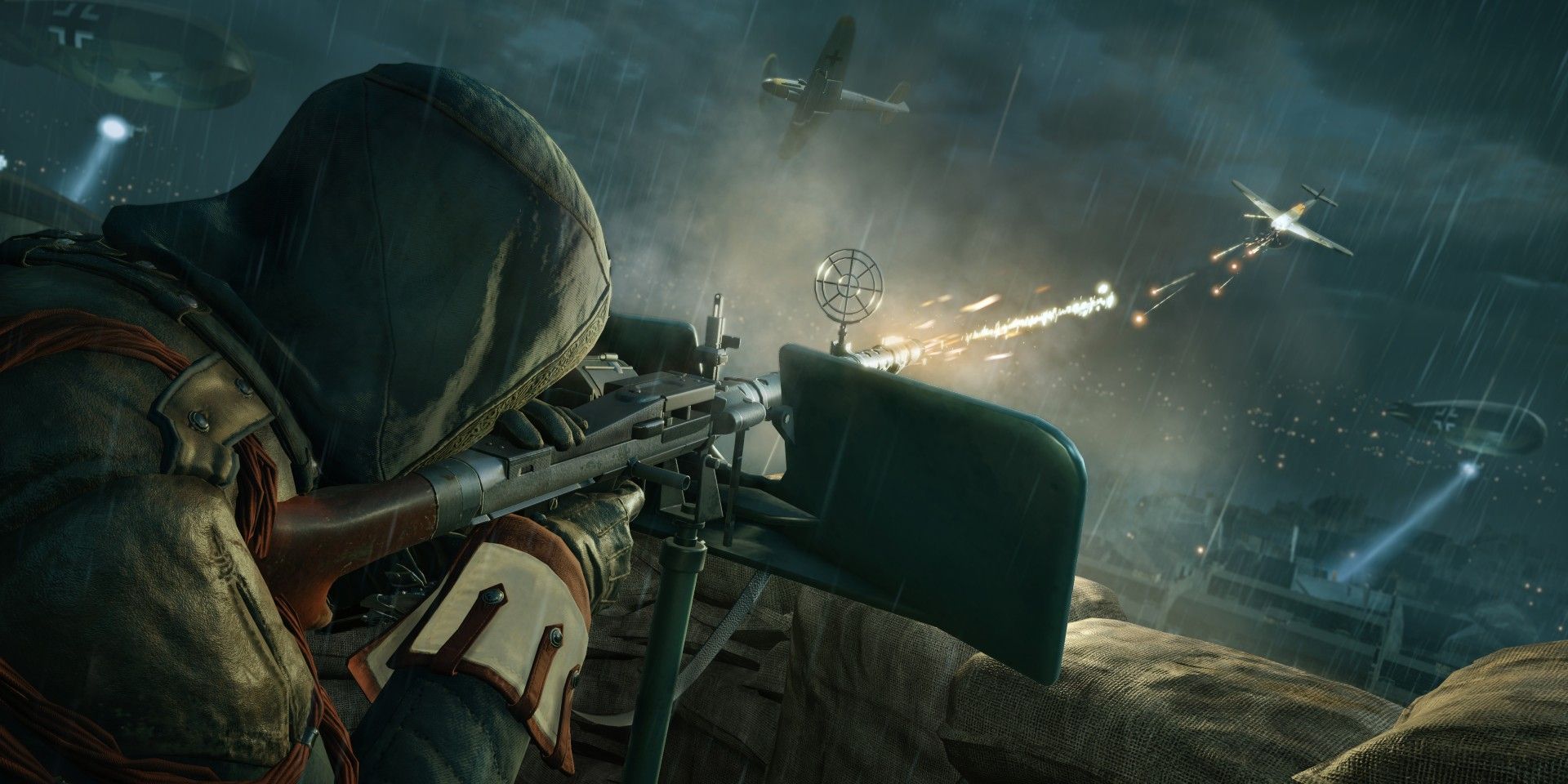The Assassin's Creed franchise has taken players to countless visually and culturally distinct locations over the years, but there are some settings that the series should simply avoid in the sequel to Assassin's Creed Valhalla. As the coolest Assassin's Creed setting continues to get ignored, Ubisoft is likely considering the best regions and time periods for upcoming entries in the series, as well as for the upcoming live-service Assassin's Creed. There are a few factors that go into a compelling Assassin's Creed setting, and series' developers will need to carefully consider all of them before committing to a new location or time period.
Since 2017's Assassin's Creed Origins, Ubisoft's historical action franchise has been shifting its focus towards western RPG-style gameplay and progression systems, adopting a more large-scale approach to open world design that stands in contrast to previous tight, urban settings. Some of the old Assassin's Creed tendencies live on in the franchise's modern releases, however, and there are still nods to real-world locations in Assassin's Creed. The result of this evolved approach is a game world that consists of wide-open natural landscapes, small settlements/villages, and large cities.
Whether future Assassin's Creed games stick to this blend of natural and civilized locations or go in a different direction, there are some settings that are better than others. Although the franchise should continue to diversify when it comes to where the games take place, it is also important to recognize key qualities that make time periods and locations interesting and fun to explore. Some of these factors include population size, density, natural features, and widespread social or political dynamics, and unfortunately, not all settings satisfy these criteria.
Assassin's Creed Should Avoid Setting A Valhalla Sequel In The Arctic
The long-running Assassin's Creed story has made pitstops in various regions, one of which being the Arctic, which was very briefly featured in Assassin's Creed 3 and Assassin's Creed: Rogue. While these short sections are surely looked upon fondly by some fans, this would likely not be the case were the chilly region to be the primary setting for a full game. The expansive, barren, icy landscapes of the Arctic would provide very few interesting opportunities for both gameplay and narrative, as they are sparsely populated and not visually diverse.
There are sections of the Arctic, such as Greenland, Alaska, and Northern Canada, that can be quite picturesque, particularly in the short-lived summer season. However, these locations would not offer the engaging blend of natural landscapes and dense, historically significant cities that fans have come to expect from the franchise. This issue would be exacerbated by the fact that Assassin's Creed and DLC like Dawn of Ragnarok will typically take place hundreds of years in the past, meaning that an in-game Arctic would be even less advanced and have a smaller population, leading to a more constrained story and a narrow-minded approach to gameplay. Besides, due to Ubisoft's experience with the under-performing Far Cry Primal, an Assassin's Creed game set somewhere this far removed from modern civilization seems unlikely.
A Modern Day Or Future Assassin's Creed Setting Wouldn't Capture The Series
On the opposite side of this spectrum are various modern settings, regardless of geographic location. Assassin's Creed features soft science-fiction elements set in an alternate version of the present day, but there are reasons the series has avoided lingering in these modern-day segments for too long; the core Assassin's Creed gameplay of stealth, free running, and hand-to-hand combat would be potentially difficult to implement in a modern setting, as it would be nearly impossible to avoid more advanced technology like guns and vehicles. Even if Assassin's Creed brings back Desmond Miles, it would do well to reintroduce him in a way that doesn't involve long-term modern-day gameplay sections.
Even worse would be a futuristic setting, as this would erase whatever identity the franchise has left and would effectively become a slightly different version of other series like Watchdogs. The narrative of the game would have to be completely rearranged and redeveloped, as it would no longer be able to call itself a historical fiction franchise. This issue would be present in nearly any envisioning of the future, whether it be a Mass Effect-style spacefaring adventure, a post-apocalyptic struggle for survival like Fallout, or a grimy near-future urban sprawl ala Cyberpunk 2077. Ubisoft already made a mistake with Assassin's Creed by deemphasizing traditional stealth systems, and moving the franchise closer to the world of modern technology would be unlikely to remedy this shortcoming.
Assassin's Creed Should Avoid The Overused World War 2 Setting
While a World War 2 setting seems to be far more in demand than those mentioned previously, it would still be a poor choice for the Assassin's Creed franchise. A game set in World War 2 Europe or Asia would suffer from the same weapon-related issues as a modern-day setting. It could even be argued that, considering this setting's inextricability from war, a greater emphasis on contemporary gunplay and the use of machinery like tanks or planes would be even more difficult to avoid. There is a certain degree of potential with this setting, particularly when it comes to guerilla warfare and espionage, but it would be hard to build an entire game around just these opportunities.
Assassin's Creed recently featured Norse mythology as an important part of its narrative in Assassin's Creed Valhalla, and this follows the fantastical elements laid out in previous games, particularly Assassin's Creed Origins and Assassin's Creed Odyssey. If the franchise were to jump ahead to World War 2, a closely and ceaselessly documented historical period, it would likely have to move away from these fantasy inclusions, which have proven to be popular with many fans. This is to say nothing of the mature, harrowing, and at many points disturbing events of WW2, which could be challenging to present in respectful ways through an action-RPG.
Assassin's Creed is a franchise that is ever-changing and has loads of potential, but it is not without its flaws. Critics of the series point to issues like collectibles that hurt the Assassin's Creed story, drawn-out missions and central campaigns, and various bugs and performance issues, but the core of the franchise is arguably its diverse and multitudinous settings. If the series misses the mark when it comes to choosing its next location and time period, it may wind up losing even the most dedicated players. Indeed, for Assassin's Creed to keep growing and improving, Ubisoft should be judicious with its choice of setting for the sequel to Assassin's Creed Valhalla.




